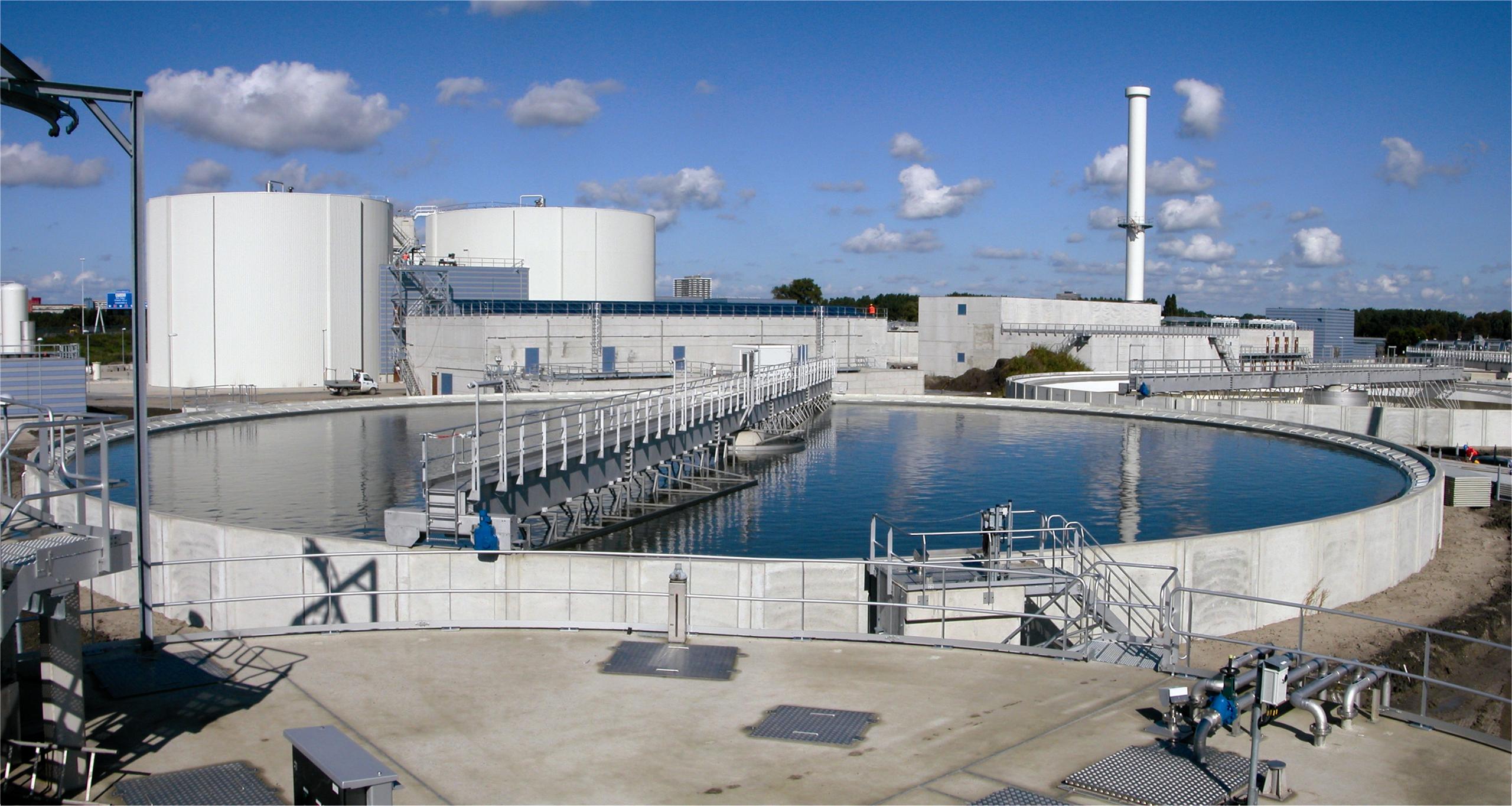
In recent years, the global population has been on the rise, putting pressure on our agricultural systems to produce more food while also facing challenges such as climate change, soil degradation, and limited natural resources. Traditional farming practices may not be enough to meet the increasing demand for food in a sustainable manner.
This is where biotechnology steps in, offering innovative solutions to enhance agricultural productivity, reduce environmental impact, and ensure food security for future generations. If you are looking for a professional biotechnology leads provider, you can check this website.
The Impact of Biotechnology in Agriculture
Enhanced Crop Yields
- Biotechnology has enabled the development of genetically modified (GM) crops that are more resistant to pests, diseases, and harsh environmental conditions.
- These crops have shown to produce higher yields compared to conventional varieties, helping farmers meet the growing demand for food.
Reduced Environmental Impact
- GM crops require fewer chemical pesticides and fertilizers, leading to reduced environmental pollution and soil degradation.
- Biotechnology also offers the potential to develop crops that are more drought-tolerant, requiring less water for irrigation.
Challenges and Concerns
Regulatory Hurdles
- One of the main challenges facing biotechnology in agriculture is the regulatory process for approving GM crops.
- Public perception and concerns about the safety of GM foods have led to strict regulations and lengthy approval processes in many countries.
Biodiversity and Ecosystem Health
- There are concerns about the impact of GM crops on biodiversity and ecosystem health, including the potential for gene flow to wild relatives and the development of herbicide-resistant weeds.
- It is important to carefully assess and monitor the environmental impact of biotechnology in agriculture to ensure sustainable practices.
The Future of Biotechnology in Agriculture
Precision Agriculture
- Advances in biotechnology have led to the development of precision agriculture techniques, allowing farmers to make data-driven decisions to optimize crop production.
- By using technologies such as drones, GPS, and sensors, farmers can more efficiently use resources such as water, fertilizers, and pesticides.
Climate Resilient Crops
- Biotechnology offers the potential to develop crops that are more resilient to the impacts of climate change, such as extreme temperatures, droughts, and flooding.
- By incorporating traits that enhance stress tolerance, biotech companies are working towards ensuring food security in a changing climate.
Conclusion
Biotechnology has the potential to revolutionize agriculture and address the challenges of feeding a growing population in a sustainable manner. By harnessing the power of biotechnology, we can enhance crop yields, reduce environmental impact, and ensure food security for future generations. However, it is important to address the challenges and concerns surrounding biotechnology in agriculture, such as regulatory hurdles and environmental impacts, to ensure that these innovative technologies are implemented responsibly. The future of sustainable agriculture lies in breaking boundaries with biotechnology.







